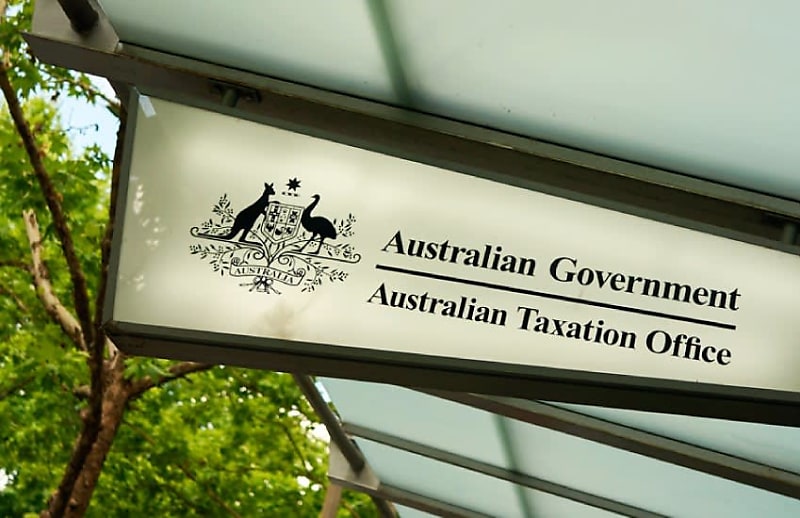ATO finds misunderstandings across IPP agreements, retirement deeds
TaxThe Tax Office has issued a reminder for exiting individual professional services partners to be aware of their tax obligations.

The ATO is highlighting the individual tax obligations that apply to retiring professional services firm partners as a notable number of workers retire each year.
It was noted that the reminder came after the ATO said it continued to see a significant number of individuals retiring, or otherwise exiting from their partnerships and neglecting their own tax obligations.
“Whether employed or retired, our expectation of all taxpayers is that they’ll remain up to date by lodging accurately and on time.”
“If you’re an individual professional practitioner (IPP), you must record, as assessable income in your individual tax return, any assessable distributions derived during an income year that are related to the net income of your partnership.”
It was also warned that former professional services firm partners’ tax obligations didn’t end when their role in a partnership finished.
According to the ATO, there were four main areas retiring partners needed to be aware of in the process, including the omissions of final partnership income or distributions, incorrect treatment of retirement payments or deferred entitlements, misreporting of capital account adjustments and overlooking of obligations related to service trusts or related entities.
In terms of the omission of final partnership income or distributions, many partnership agreements continued to pay the IPP for a set period after they left the firm, and these payments were considered assessable income in the income year from which they were derived.
“We’re concerned that former partners incorrectly report these distributions as capital revenue and not income or, in some cases, omit the amounts completely,” the Tax Office said.
“You can still receive assessable partnership distributions after retiring or exiting the partnership, depending on the governing documents and agreements for your firm.”
The ATO mentioned incorrect treatment of retirement payments or deferred entitlements was also a factor that needed to be made aware of, as “concerningly” they had seen some retired partners didn’t understand their partnership agreements or their partnership statements and were incorrectly categorising the distributions as pension payments, rather than assessable income.
Another factor that was recommended to be taken note of was the misreporting of capital account adjustments, as “accurate record keeping and reporting is essential to determine whether losses can only be applied against current or future year capital gains and whether any gains may be eligible for the capital gains tax discount”.
To support those looking to retire, planned to leave or had recently left their partnership role in a professional firm, the ATO recommended reviewing agreements, seeking advice early, using updated guidelines, keeping records, accurately reporting all income and distributions received, including any capital gains or adjustments and ensuring retirement payments were currently classified.
“Our reviews found that the key drivers of this behaviour included IPPs not understanding the terms of either their agreements or any retirement deeds,” the Tax Office said.
“There was also often uncertainty around final year entitlements or a delay or incomplete information from their firm. Finally, changing financial advisers or record-keeping practices, or the misunderstanding of how retirement payments are taxed, also contributed to the number of errors we observed.”




